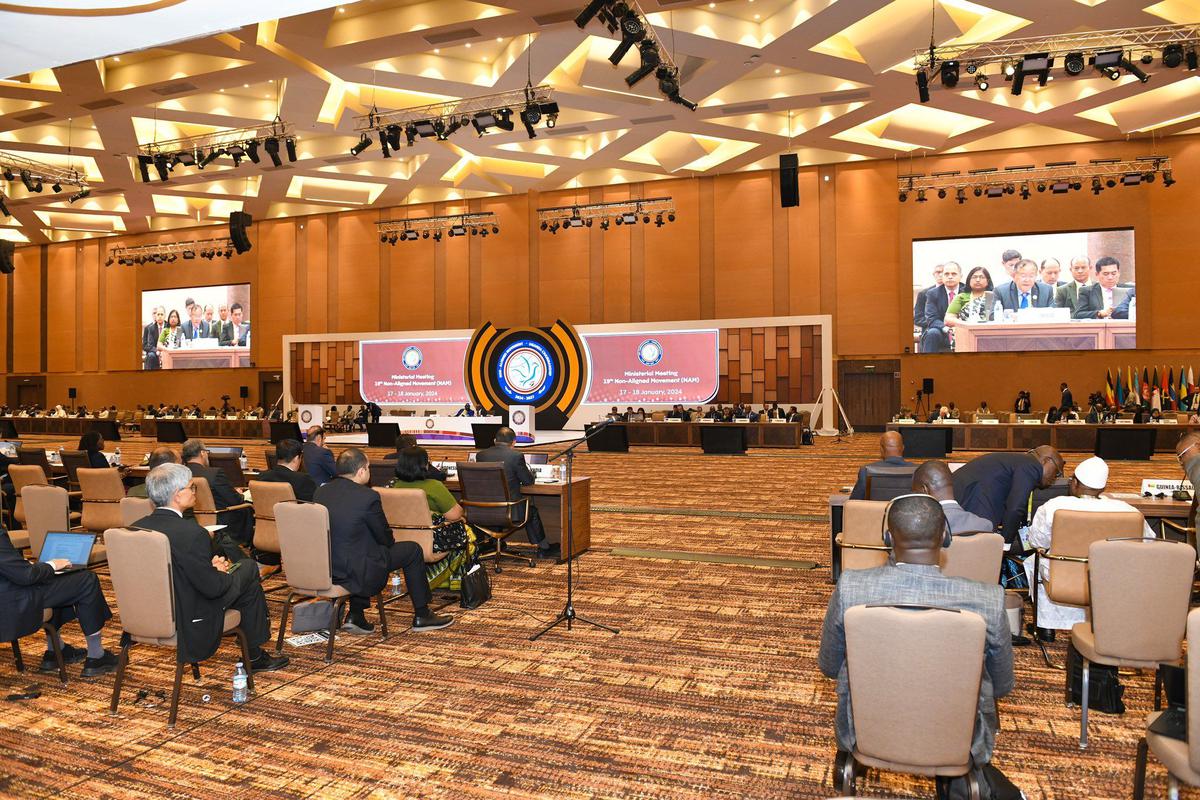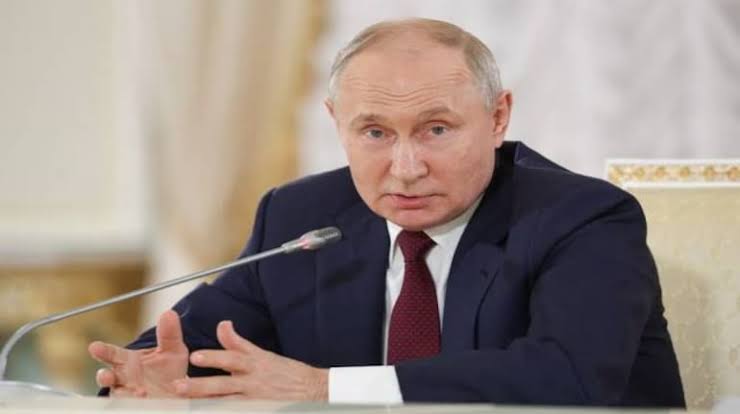India’s Call for Peace: External Minister Singh Addresses Israel-Palestine Crisis

India’s Minister of State For External Affairs, Rajkumar Ranjan Singh, recently addressed the ongoing conflict between Israel and Palestine. In a speech delivered in Kampala, Uganda, he expressed deep concern about the situation and its potential repercussions in the Middle East.
Singh highlighted the attack on Israel by Hamas in October 2023 and Israel’s subsequent response in Gaza. He stressed the urgent need to address the growing humanitarian crisis stemming from the conflict, emphasizing the impact on civilians caught in the crossfire.
Acknowledging international efforts to ease tensions and provide aid to Gaza, Singh expressed hope that a UN Security Council resolution would further support humanitarian assistance. He also revealed that Prime Minister Narendra Modi has been in regular contact with leaders from both Israel and Palestine, underlining India’s commitment to diplomatic engagement in the region.
Also Read: 2024 US Elections: Vivek Ramaswamy, Trump, and the Republican Story
A significant aspect of Singh’s speech was India’s endorsement of a “negotiated Two-State solution” for Israel and Palestine. This implies advocating for a peaceful coexistence between the two nations within recognized borders. Singh emphasized the importance of creating conducive conditions for direct talks between the conflicting parties to pave the way for a lasting resolution.
Expressing concern about the loss of civilian lives, particularly in Gaza, Singh condemned the terrorist attack on Israel and called for the swift release of hostages. He stressed the urgency of resuming meaningful negotiations between Israel and Palestine to achieve a sustainable peace.
In addition to advocating for restraint, de-escalation, and a peaceful resolution through dialogue and diplomacy, Singh highlighted India’s contribution to international efforts aimed at de-escalating the conflict and providing humanitarian aid to Gaza.
In a separate address at the NAM Ministerial Meeting on Palestine, Singh underscored India’s worry about the deteriorating security situation and the loss of civilian lives. He elaborated on India’s active role in global forums such as G20 and BRICS, reiterating its principled stance on the Israel-Palestine issue.
Singh emphasized the necessity for the prompt resumption of direct negotiations between Israel and Palestine, underscoring the importance of restoring normalcy in the region. He expressed confidence in the Non-Aligned Movement (NAM), a global forum that India is a part of, underlining the potential positive role it can play in addressing global challenges.
However, Singh did not shy away from criticizing Pakistan for what he termed as the “blatant misuse” of platforms like NAM. He firmly rejected any interference by Pakistan in India’s internal affairs, emphasizing India’s commitment to defending its independence on the global stage.
In conclusion, Minister Rajkumar Ranjan Singh’s speech reflects India’s serious concern about the Israel-Palestine conflict. It articulates India’s support for a peaceful resolution, humanitarian aid, and the imperative of direct negotiations between the conflicting parties. Singh’s address also reaffirms India’s principled stance in global forums and its rejection of external interference in its internal matters.


